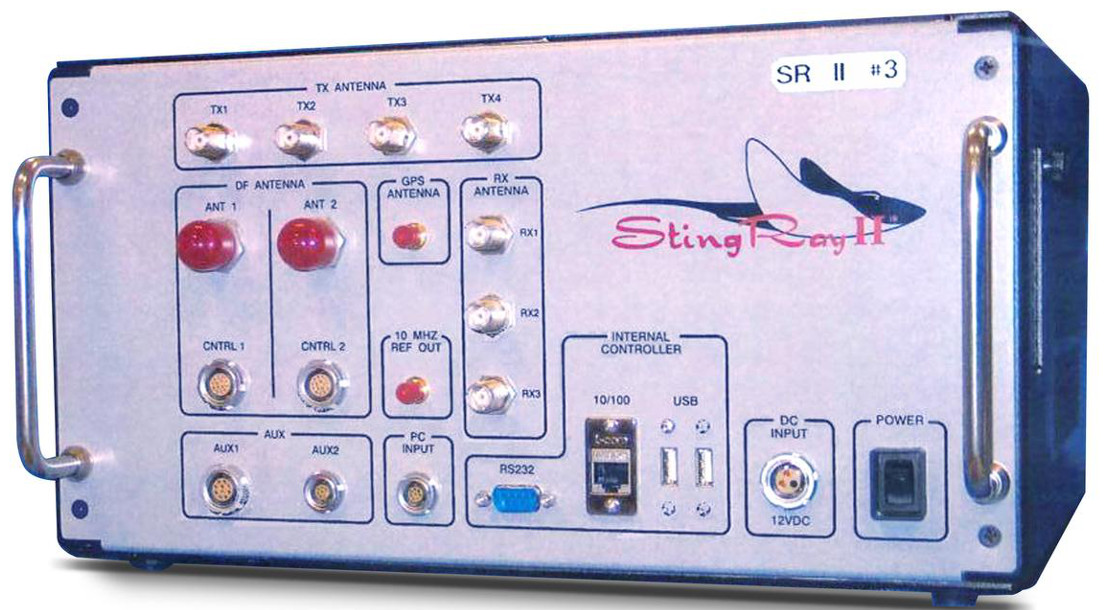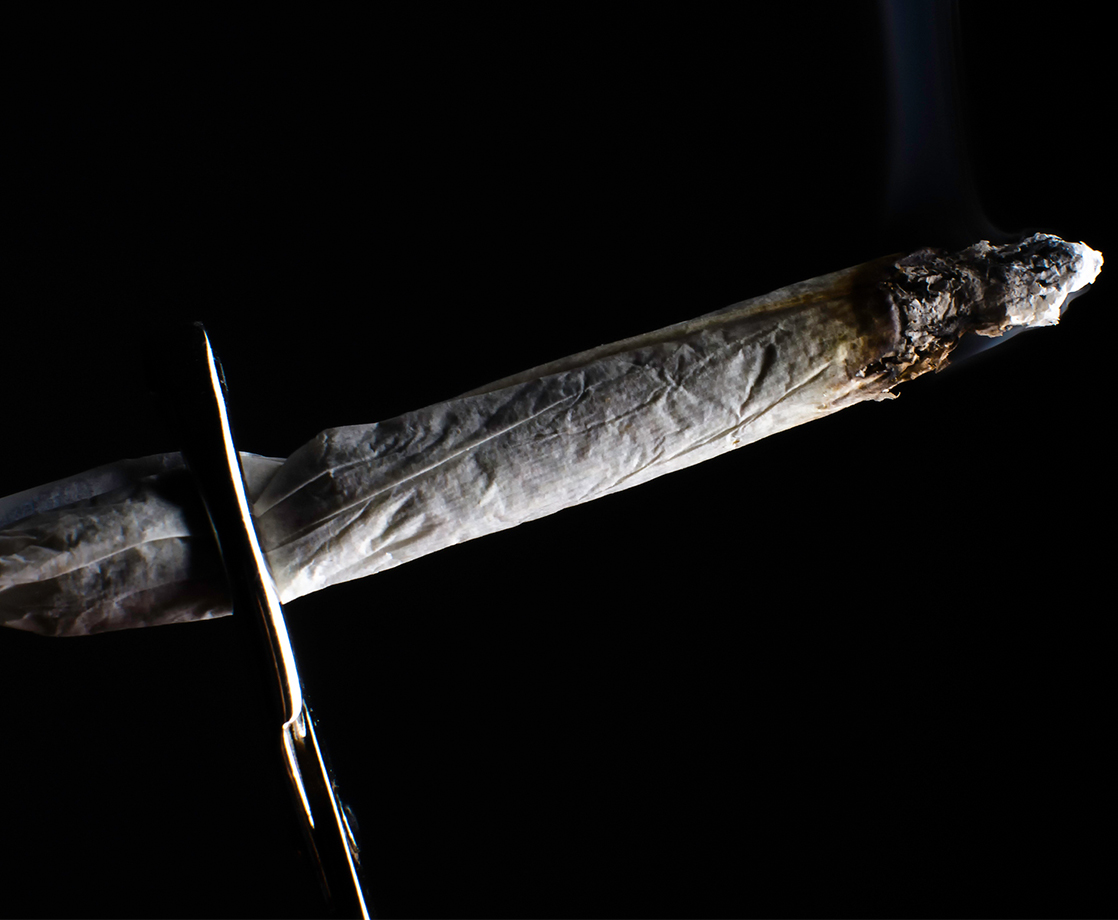The House Oversight and Government Reform Committee released a report this week recommending that Congress pass legislation to regulate law enforcement's use of cell-site simulation surveillance technology. These devices, more commonly known as “stingrays,” trick mobile phones into connecting to them by simulating the signal of a mobile phone tower. Once the device has connected to the stingray, cops can identify the phone's unique ID, allowing them to track the phone wherever it goes. Cops are also able to learn the phone number associated with the phone, and to record the numbers of any calls placed to or from the phone.
Police have been using cell-site simulators without warrants for years, but have fought to keep their use a secret. Eventually, after news about the technology was released by news media and the ACLU, the House Oversight Committee launched an investigation last year. The bipartisan committee found that the Justice Department spent $71 million to put 310 stingray devices into use between 2010 and 2014. Homeland Security spent a further $24 million to operate 124 such devices in the same time period.
The report states that these devices “require careful evaluation to ensure their use is consistent with the protections afforded under the First and Fourth Amendments to the U.S. Constitution.” The committee warns that without “proper oversights and safeguards, the domestic use of cell-site simulators may well infringe upon the constitutional rights of citizens to be free from unreasonable searches and seizures.” In response to this, the committee recommends that “Congress should pass legislation to establish a clear, nationwide framework for when and how geolocation information can be accessed and used.”











